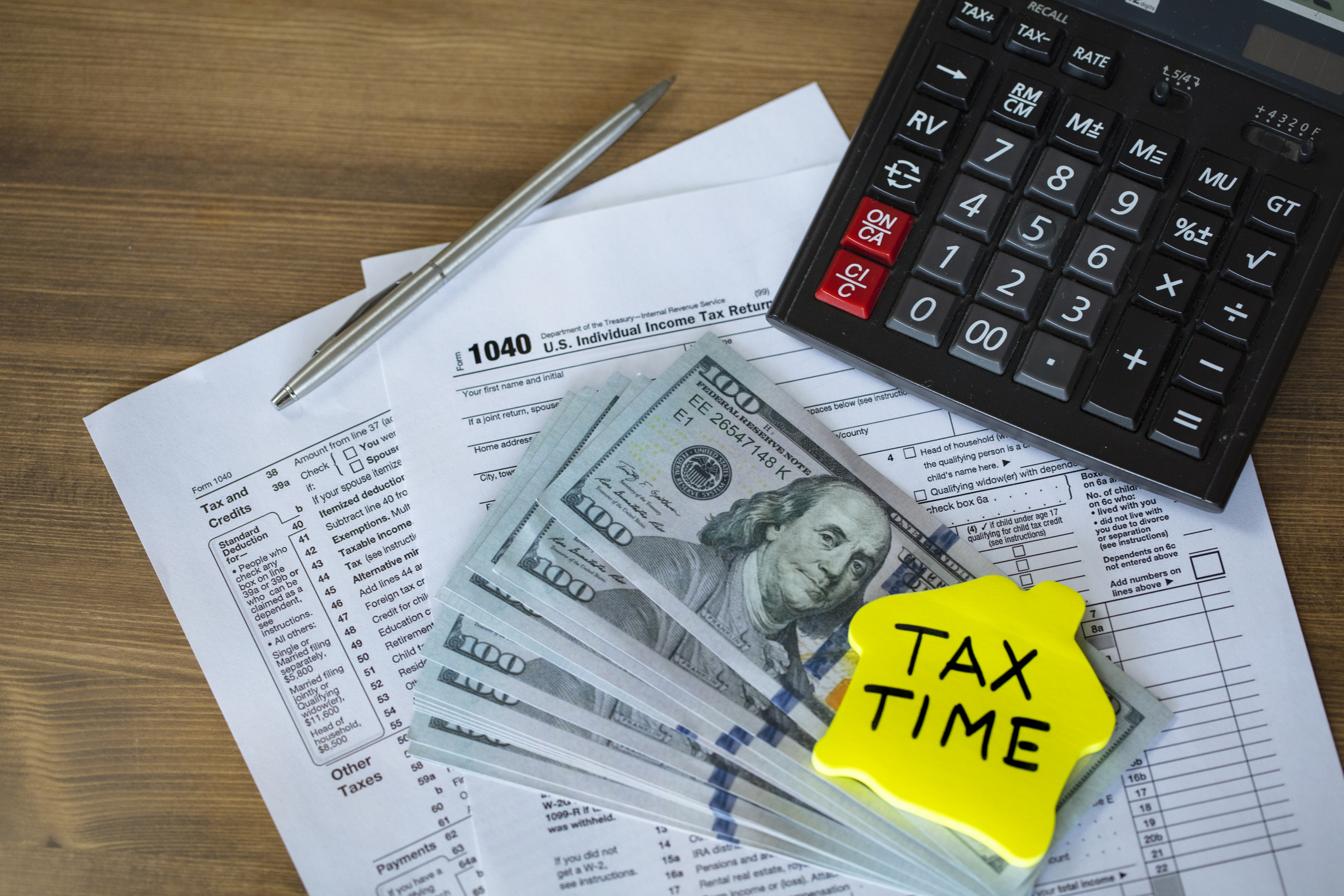Email :79
What are the most important elements of financial/tax planning?
- SAVING at least 10% of your income before all deductions… Pay yourself first! A good book to read is The Wealthy Barber written by David Chilton whom I have met and been mentored by. You might have seen David on a segment of Dragon’s Den , He is a great guy and an Entrepreneur through and through. Before I wrote The Wealthy Trucker I wrote a Canadian best selling book called The Wealthy Farmer. It became a Best Seller because of David Chilton’s help and mentoring, PAY YOURSELF 10% of your Gross income whether it be a paycheck or a check from your Contractor as an Owner Operator, 10% of your GROSS earnings
- HIRE a Financial Planner? There are some good ones out there and some very bad ones. How can you tell? It’s difficult but let’s try. Firstly, anyone who helps convert you from being a spender to a saver is worth considering. Secondly, get them to pull their financial pants down and show you what THEY are invested in! If they will not or give you an excuse that its not company policy than pack your bags and run. I was a Financial Planner for a few years and if I was asked what I was invested in it would have revealed nothing. I was not investing because at the time I was insolvent. I was a spender and not a saver. Did I bring in customers or their money? Neither. I focused on selling insurance and a lot of it. Why? Because I could protect more people through insurance rather than collecting their money to invest with our firm in mutual funds or their products. Hire a financial planner. Yes. With someone you trust who is a successful entrepreneur and also a millionaire would help. Also they can be a NON financial planner they could be a fellow trucker or a farmer. Both salt of the earth people. Choose an excellent mentor or mentors!
- KEEP good records in a system that works for you as you go either on or offline. If offline keep your bills and receipts in a briefcase or accordion file while on the road and transfer all documents from the road to your filing system at home. You can keep a system that is useful like one by using the Alphabet to store documents by last name or you can use a filing system that is set up to provide detail for each Account such as Fuel or Repairs that matches the total that you have in each general ledger account. You can also file by month in the current tax year and place all revenues and expense documents in each file designated by month. Remember, the system has to work for both your accountant to complete and verify your yearly and interim Tax reports/returns to both CRA and HST. Again, I stress the bookkeeping system you use must be functional to both you and your accountant or it will become expensive to sort out the details each and every year.
- AUDITS or request for information by CRA is much easier with a good filing system and an orderly accounting process of capturing your information and details. I guess we just found a third potential user of our information and records and that would be CRA or Canada Revenue Agency. If you maintain an orderly bookkeeping and accounting system you will not have to worry. It is tax law that you must keep good records in the event of an audit to remain compliant with CRA rules and regulations.














Comments are closed